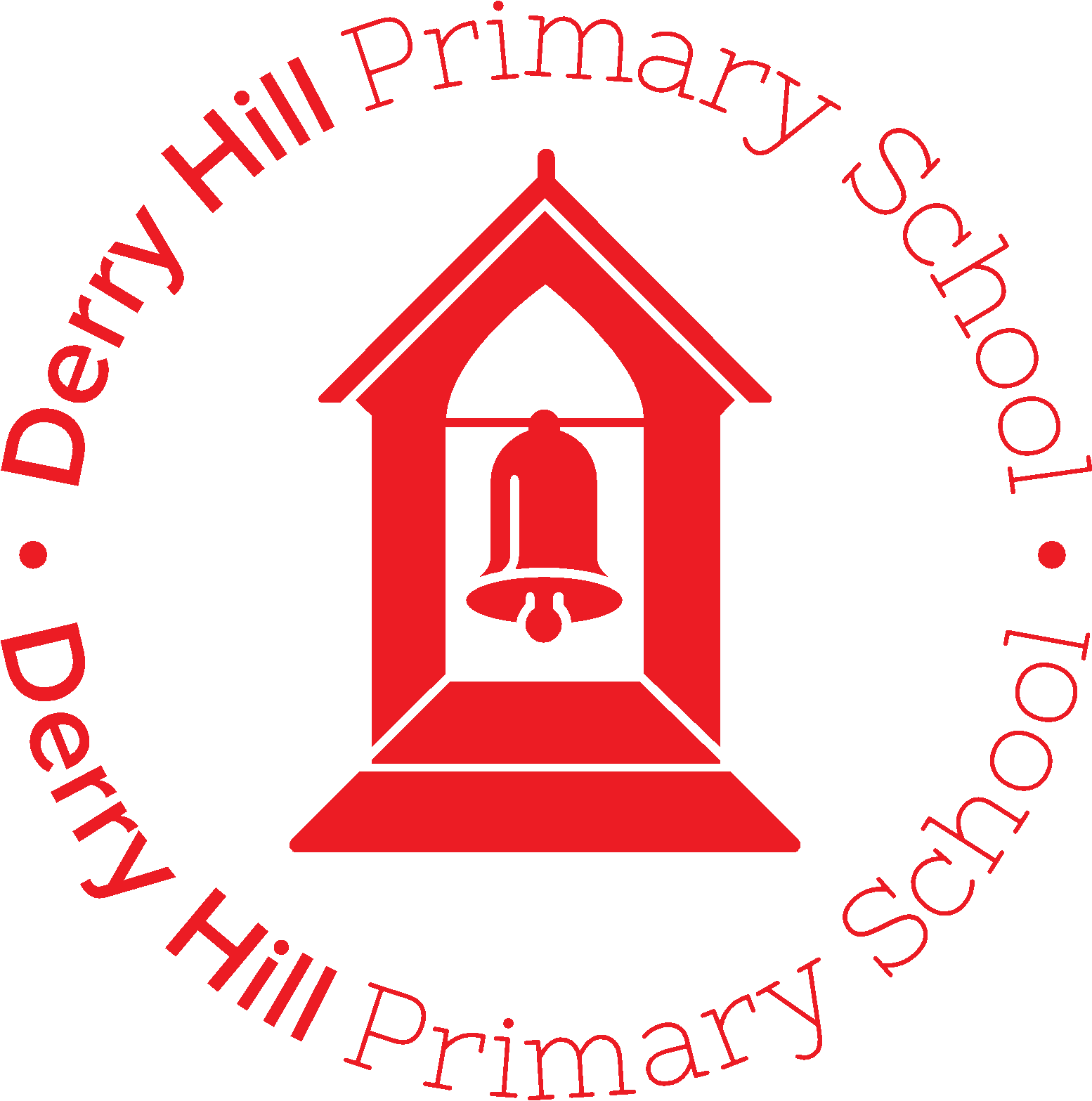Science
At Derry Hill Primary School we are passionate about science. It is our intention to provide our children with the opportunity to learn how the scientific world around us ‘works’ in a meaningful and practical way.
We passionately believe that science should foster and develop in our pupils a natural curiosity of the world around them through fun and enjoyable opportunities that link to our current world. Underpinning our science learning at Derry Hill is the enquiring minds of our pupils. It is our strong belief that the enquiry-based approach should be at the heart of the pupils’ learnings (wherever possible). This will help to provide our pupils with a detailed understanding of the programmes of study outlined in the National Curriculum and will help them to retain and secure this knowledge as they progress through the school. As well as this, it will develop their confidence in applying what they already know to their scientific investigations and allow them to be more discerning in their approach.
The scientific area of learning will focus on the enquiry based areas as laid out in the National Curriculum such as pattern seeking, observation over time, comparative and fair testing, identifying and classifying, research skills and problem solving. However, alongside this, we aim for our science curriculum to develop some other key personal skills such as resilience, independence, communication, teamwork and accuracy. Furthermore, the key investigative skills of planning, predicting, observing, recording, reporting and concluding will be developed throughout the course of their science program. Our science curriculum at Derry Hill will be tailored to ensure that it is accessible to all pupils at our school. We will work creatively to ensure that academic ability is not a barrier to accessing our exciting science provision and aim to show children that everybody can be a successful scientist.
Please see our resources below for a deeper insight into how this is broken down over the children's time at Derry Hill. To see what the children will be up to on a lesson-by-lesson basis, please see the Medium Termly plans on the class pages.
Intent
Our overriding intention at Derry Hill is to build a curriculum that empowers our children to become independent and scientific thinkers, who ask questions and seek answers. We aim to continuously build on their natural enthusiasm and curiosity about their world (that for many began in their Early Years settings) by providing them with stimulating, exciting experiences that allow them to link their classroom learning to everyday life. We aim to breakdown pre-existing stereotypes linked to science by enhancing our science provision with regular foci on relevant scientists, visits from scientists or those working in science roles, ensuring pupils are aware of female scientists and trying to provide them with positive science role models by utilising the fantastic parental support that we have. We will develop and increase our pupils’ science capital by securing relevant science based trips, cross-curricular theme days, utilising our outdoor provision and celebrating Science Week. It is also crucial that all of our children are equipped with the scientific knowledge required to understand the uses and implications of science today, and for the future. We aim to increase the profile of science at Derry Hill School and utilise the fantastic parental support that we have and to encourage children to participate in more science-based activities at home.
Implementation
The children are to have clear and comprehensive sequences of lessons in line with the National Curriculum where teaching and learning aims to show progression across all classes and key stages. These sequences of lessons will also provide investigative opportunities which are of a practical nature.The children are provided with a range of resources which develop their understanding and allow them to problem solve, investigate and become scientific thinkers.
Through our topic-based curriculum, the children will have numerous opportunities to link their work in science to other areas of their learning and understand it in the context of the ‘real world’. The children will have more access to scientific experiences including trips, science based theme days and weeks and visitors as well as their topic-based learning linking to current relevant scientist and scientific discoveries. The children have access to knowledge organisers which outline the knowledge (including vocabulary) which the children must master. These should be referred to and used in classes to support correct scientific vocabulary.
Teachers use assessment for learning to tailor lessons around our children and help us plan their next steps.Regular events such as science days and celebrating British Science Week provide a broader provision and a chance to apply knowledge and skills. Attainment is assessed every half-term in line with the school’s assessment procedures. Pupil voice is used to further develop the Science curriculum, through questioning of pupil’s views and attitudes to science to support the children’s enjoyment of science and to motivate learners.
Impact
Our science curriculum at Derry Hill is well-thought-out and designed to demonstrate progression. It provides our children with the foundations and knowledge needed to understand their world. As a result, children will:
- Achieve age related expectations in science at the end of their cohort year. In addition to attainment they will:
- Retain knowledge that is pertinent to Science with a real-life context.
- Question ideas and reflect on knowledge.
- Develop a rich vocabulary which will enable to articulate their understanding of taught concepts
- Work collaboratively and practically to investigate and experiment.
- Explain the processes they have taken and be able to reason scientifically.
- Have high aspirations, which will see them through to further study, work and a successful adult life
- Impact will be measured through half termly assessments as well as, work produced, pupil feedback and a tangible enthusiasm for science.
